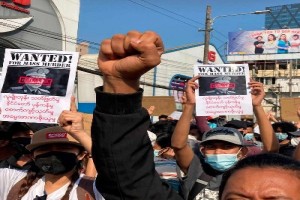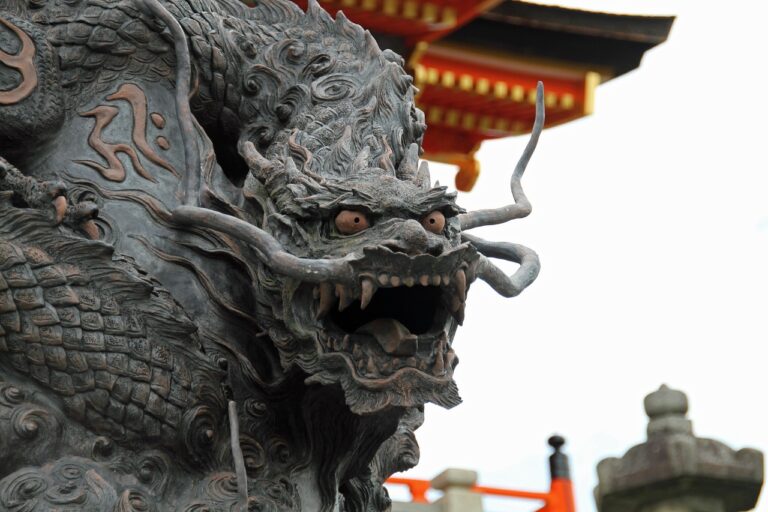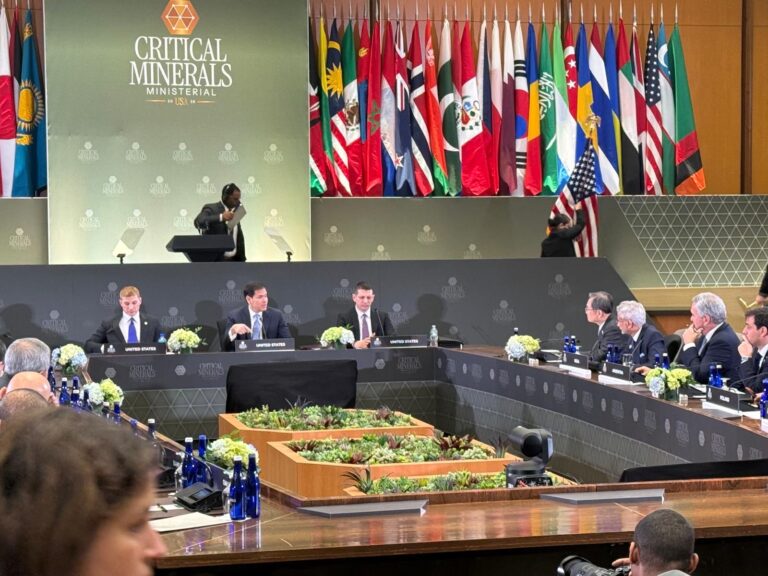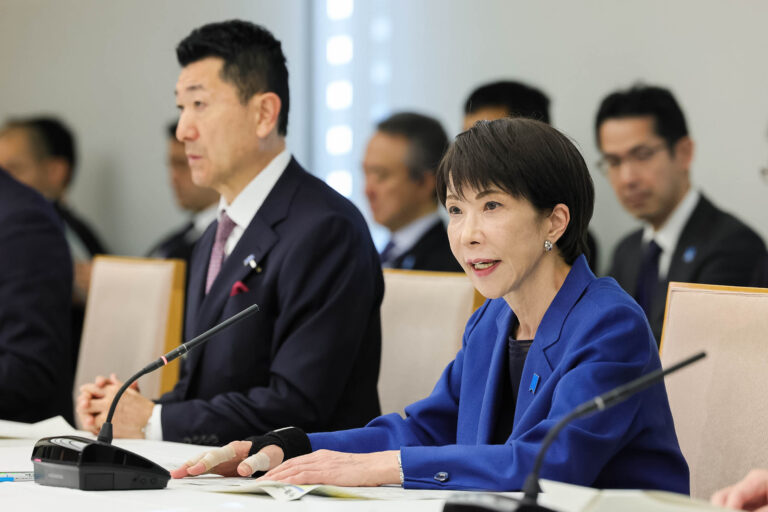
Photo credit: @ProtestsMyanmar|Twitter
 By Nava Thakuria*
By Nava Thakuria*
Even though the brutal crackdown on peaceful protesters in Burma (Myanmar) by the military junta continues since the 1 February 2021 coup that abolished a democratically elected government in NayPieTaw virtually led by Nobel peace laureate Daw Aung San Suu Kyi, the common people have now started using humour to challenge the military including its chief Min Aung Hlaing.
The activists have asked the Burmese nationals to use different ways to undermine the military authority including the use of toilet papers where the photograph of military commander-in-chief general Hlaing is printed. A large section of people in Myanmar was angry with him as the military head used to torture locals whenever he found opportunities.
Soon after the coup, Hlaing blocked the Wikipedia website as many people kept changing the page narrating him as a joker. Some
protesters even glued his pictures to the street so that the armed force personnel hesitate to run over it while chasing the protesters.
Lately the intelligent protesters prepared the toilet paper with Hlaing’s photograph. Burma Campaign UK has marketed the products with an aim to demoralise the junta and it would be a humiliation to the generals.
The activist group also added that it is getting a percentage of every sale of Min Aung Hlaing toilet paper which, according to Mark Farmaner, would be used for their campaigns.
Meanwhile, the Paris based media rights body Reporters sans/without Borders (RSF) stated that the repression of Burmese armed forces has taken a shocking turn, with more than 500 people killed and thousands injured. A large number of people have been detained including 60 journalists from different parts of Myanmar. RSF claims that the Burmese junta continues to fire live rounds at reporters, raid local media outlets and shut down the internet services. Its systematic persecution of journalists and determination to suppress all news sources to which its citizens have access show that diplomacy and international sanctions are not enough to rein over the situation. The international body, while asserting that most of the multinational companies operating in Myanmar have not taken any credible measure, now calls on them to end all cooperation with the junta, both in their business activities and the financial support they provide. RSF is urging at least ten major companies to take concrete steps to stop directly or indirectly funding Myanmar’s military generals.
Letters to this effect have been sent to the managements of the French hotel chain Accor, French television group Canal+, America’s Chevron, Sweden’s Ericsson, Korea’s Lotte Hotels and Resorts, Japan’s Okura Nikko hotel management, South Korean steel and energy giant POSCO, Norwegian state telecom company Telenor, French oil firm Total and Anglo-Dutch food processing conglomerate Unilever, etc.
*Senior journalist based in Guwahati





